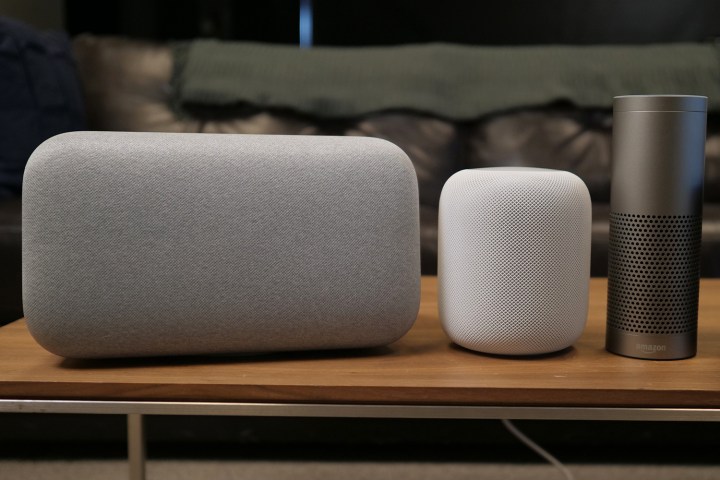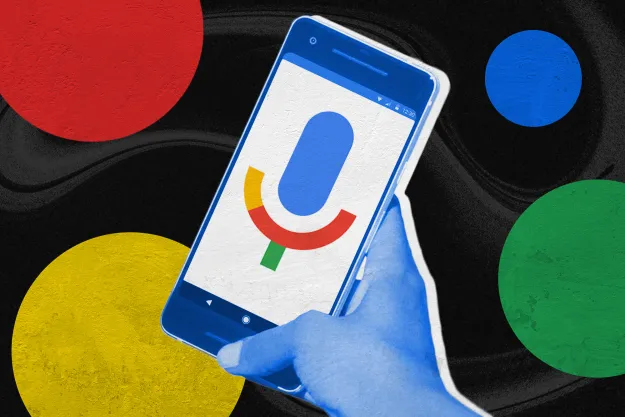
Amazon has dominated the voice assistant market when it comes to smart speakers and other devices that support its A.I. assistant Alexa. Even with Alexa’s seeming ubiquity, the voice assistant isn’t the one that people interact with the most. That’s because, despite the popularity of smart speakers, the devices are nowhere near as popular as phones. And when it comes to mobile devices, Siri and Google Assistant still reign as the most popular of the bunch.
A new study conducted by Microsoft found that Apple’s voice assistant Siri and Google Assistant remain the most used A.I. assistants worldwide, with nearly identical usage rates. For both voice assistants, 36% of people surveyed by Microsoft said they have interacted with the respective A.I.s. Alexa ranked third in the survey, with one out of four people surveyed saying they have used the voice assistant. About 19% of people said they have interacted with Microsoft’s Cortona, despite the fact that few smart speakers and phones support the A.I. Its presence in Windows 10 likely explains its popularity.
Microsoft’s research asked 5,000 consumers in the United States about their voice assistant usage. The survey, which took place in Februar, found that 72% of those asked have interacted with a voice assistant within the last six months. The findings speak to the popularity and availability of A.I. tools.
It also goes to show just how far smart speakers still have to go. While the devices are extremely popular, the availability of smartphones and the built-in voice assistants that are on the devices makes it nearly impossible to catch up in terms of accessibility. If users want to talk to Alexa or Cortana on their iOS or Android device, they have to download an app for those services. Those third-party apps also often have less functionality with devices.
Still, it’s a bit surprising to see Apple’s Siri remain so high on the list in terms of usage. Android phones are more popular globally, but the company has a strong foothold with smartphones in the U.S. It’s still lagging way behind when it comes to its smart speaker, with the HomePod accounting for just 1.6% of the global market in December. The recent price drop on the device may help to bolster sales and in turn Siri’s popularity.
Editors' Recommendations
- The most common Google Home problems and how to fix them
- What is Bixby? How to use Samsung’s AI assistant
- How to use the Google Home app on a computer
- Google is launching a powerful new AI app for your Android phone
- The most common Google Meet problems and how to fix them

